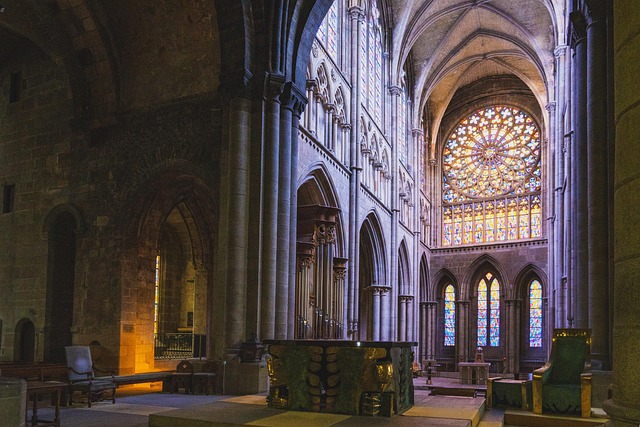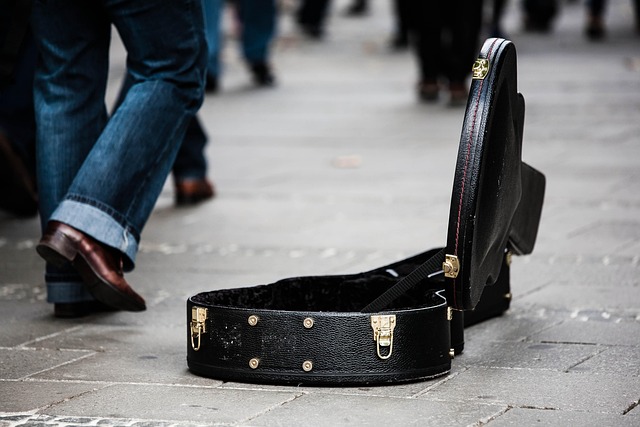In many faith communities, the figure who guides ceremonies and prayers is central to the experience of worship. Known simply as the Officiant, this individual serves as a bridge between the earthly congregation and the transcendent realm, offering structure, reverence, and meaning to every rite. From the rhythmic chanting of a Buddhist monk to the solemn vows recited at a Christian wedding, the Officiant shapes the flow of ritual, ensuring that the sacred texts and traditions are honored while also adapting to the unique context of each gathering.
Historical Roots of the Officiant
Tracing back to ancient civilizations, the Officiant’s role can be seen in the priestly orders of Egypt, the temple guardians of Greece, and the shamanic guides of indigenous tribes. In monotheistic traditions, the evolution from the high priest to the modern clergy reflects a shift from purely ceremonial duties to encompassing pastoral care. The Officiant, regardless of cultural backdrop, has always carried the responsibility of sanctifying the moment, invoking divine presence, and safeguarding the integrity of the rite.
Functions Across Religious Traditions
While the core purpose remains consistent—facilitating a connection between the faithful and the divine—the specific tasks of an Officiant vary. In Judaism, the clergy, known as rabbis or cantors, lead the liturgy, recite blessings, and guide the congregation through the intricacies of the Torah. In Islam, the Imam directs the daily prayers, delivers sermons, and oversees the recitation of the Quran. Hindu officiants, or pandits, perform Vedic chants, conduct puja, and administer rites of passage with precision and devotion.
Training and Preparation
The journey to becoming an Officiant is often rigorous, demanding both spiritual insight and practical skill. Religious seminaries offer theological study, while workshops focus on vocal technique, liturgical music, and ritual choreography. Many traditions emphasize apprenticeship, where aspiring Officiants learn directly under seasoned clergy, observing how they manage the ebb and flow of communal worship. The depth of knowledge required ensures that each Officiant is prepared to handle the theological nuances and cultural sensitivities inherent in their rituals.
Ethical and Spiritual Responsibilities
Beyond procedural duties, an Officiant is entrusted with moral leadership. Their words can uplift, comfort, or challenge, and thus they must embody integrity, humility, and compassion. The sanctity of vows spoken during marriage or baptism places a moral burden on the Officiant to ensure that commitments are entered into with full awareness. Moreover, the Officiant serves as a steward of tradition, safeguarding the fidelity of sacred texts while allowing space for contemporary interpretation.
Modern Adaptations
In the face of global change, many Officiants are redefining their role to remain relevant. Digital technology enables virtual ceremonies, expanding reach to diaspora communities. Contemporary liturgies might incorporate local languages or incorporate multimedia elements, allowing the Officiant to weave tradition with modern expression. Despite these innovations, the core essence—the facilitation of a shared spiritual experience—remains unchanged.
Inclusivity and Diversity
Today’s Officiants often navigate complex cultural landscapes, ensuring that rites reflect the diversity of their congregants. This might involve adapting prayers for the deaf community, offering gender-neutral language in marriage vows, or incorporating rituals from multiple faith traditions in interfaith ceremonies. Such adaptability showcases the Officiant’s role as not only a guardian of heritage but also as an agent of inclusivity.
Communal Impact
The influence of an Officiant extends beyond the altar. Their presence at funerals, anniversaries, and communal gatherings helps foster a sense of continuity and belonging. By interpreting sacred symbols in relatable ways, the Officiant reinforces shared values, bridging generational gaps. This communal bonding is essential for the resilience of faith communities, providing a framework within which individuals find purpose and support.
Challenges Faced by Officiants
Despite their revered position, Officiants confront numerous challenges. Balancing tradition with contemporary expectations can create tension, especially when modern issues—such as climate change or social justice—enter the liturgical conversation. Additionally, the physical demands of leading long ceremonies, coupled with the emotional toll of guiding grieving families, require robust self-care practices. Many Officiants seek mentorship, peer support, and continual learning to navigate these complexities.
The Future of the Officiant
Looking ahead, the role of the Officiant is poised to evolve alongside societal shifts. Emerging interdisciplinary studies in theology and psychology could enrich liturgical practice, offering deeper insights into communal dynamics. Moreover, as faith communities become more global, Officiants may serve as cultural ambassadors, translating ancient rites into contexts that resonate across borders. Through intentional adaptation and steadfast commitment to spiritual integrity, the Officiant will continue to be the heart of sacred rituals for generations to come.



